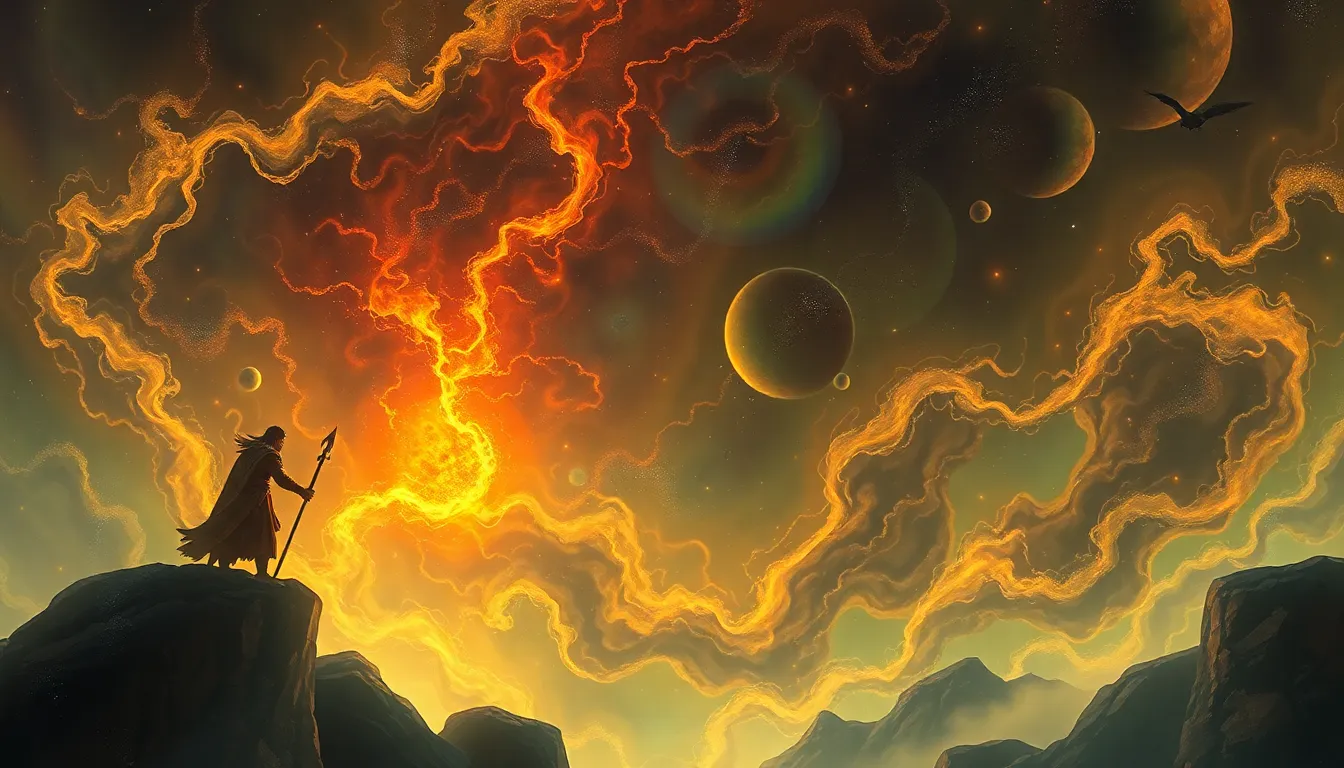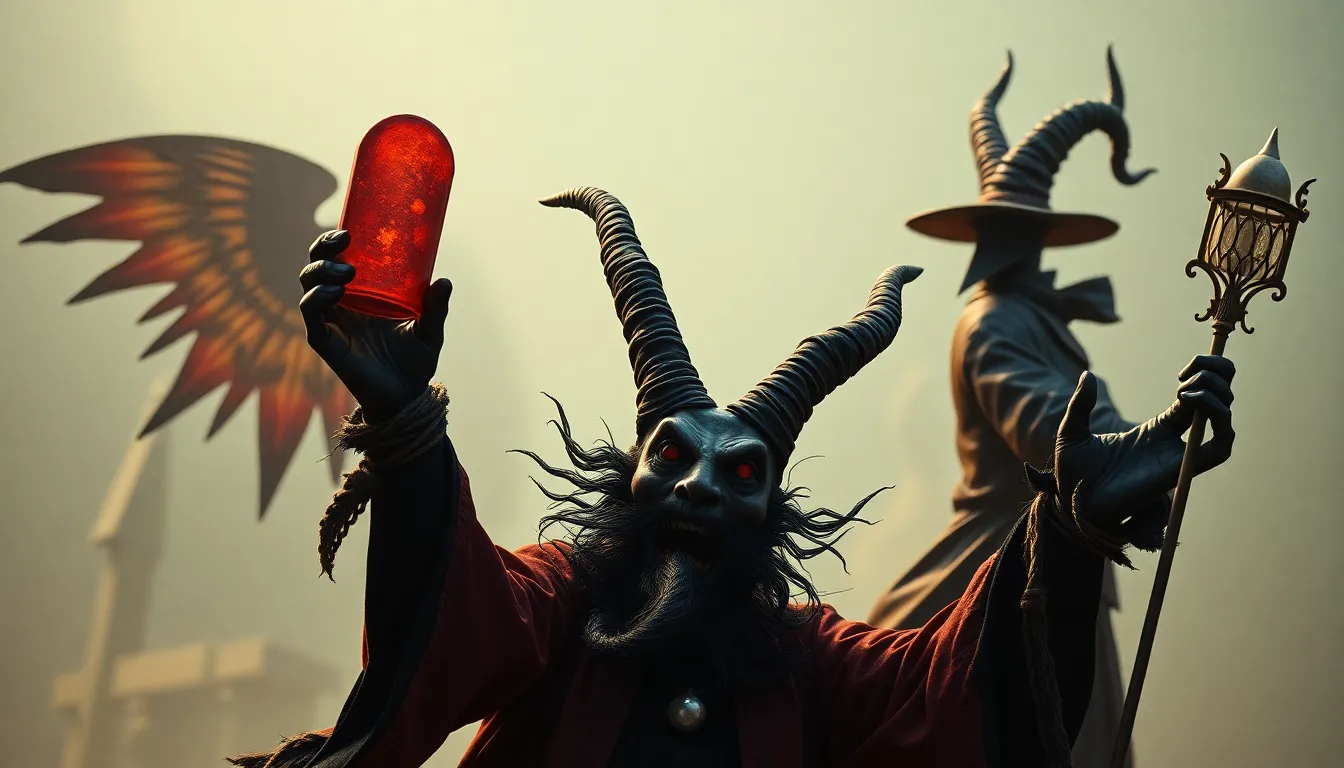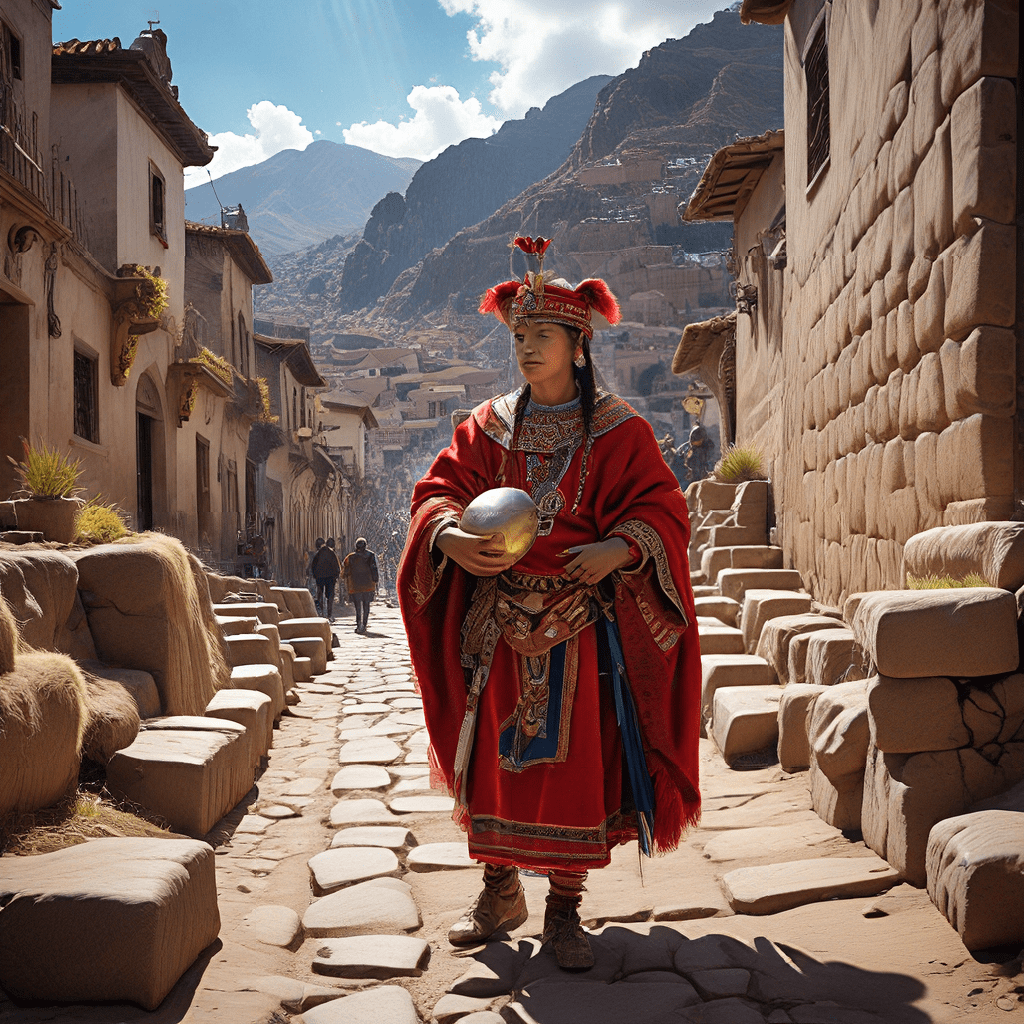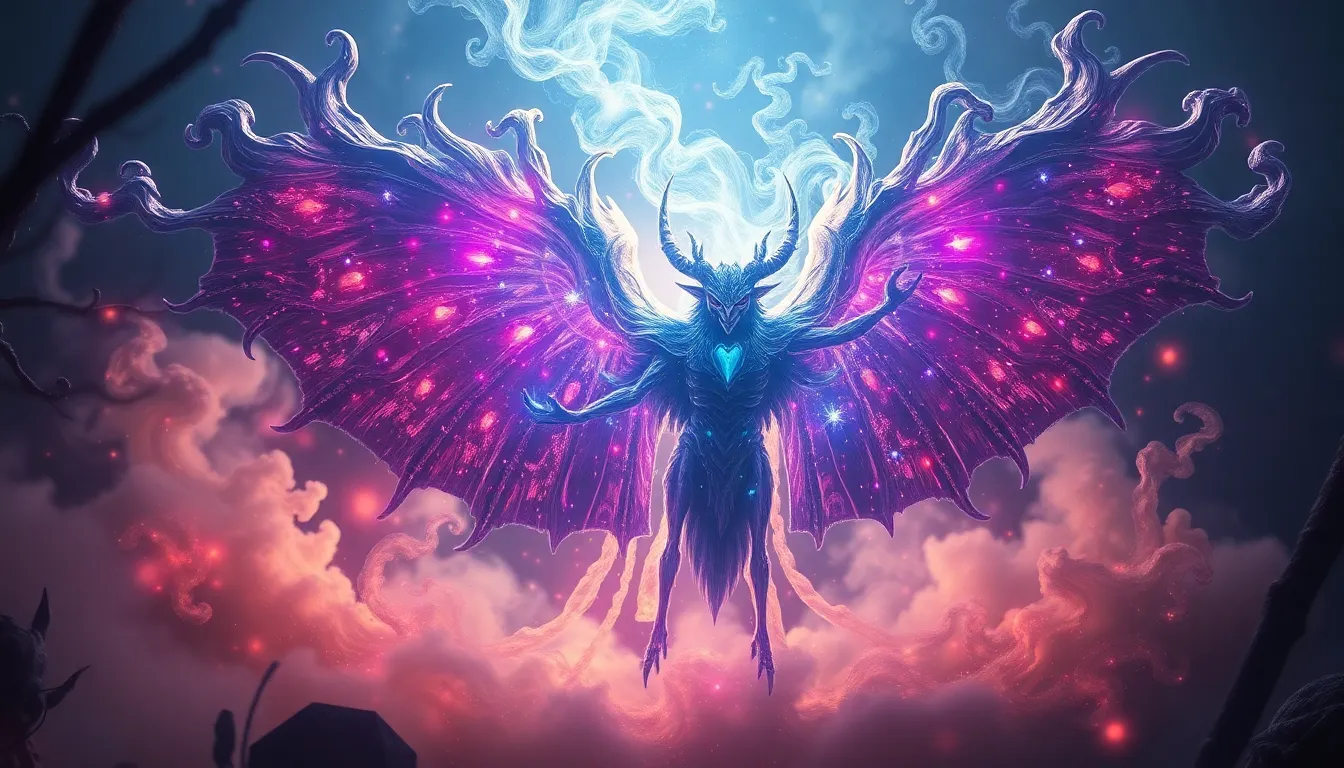Cultural Heroes: The Legends That Shape Our Identity
Introduction to Cultural Heroes
Cultural heroes are figures who embody the values, ideals, and aspirations of a society. They often emerge from folklore, history, and popular culture, serving as symbols of strength, resilience, and virtue. Their significance lies in their ability to inspire individuals and communities, providing a framework for identity formation and collective memory.
In many ways, cultural heroes shape our understanding of who we are and what we strive to become. By looking up to these figures, societies can instill a sense of purpose and unity, guiding individuals through the complexities of life.
Historical Context of Cultural Heroes
The concept of cultural heroes has deep roots in ancient civilizations, where myth and legend played crucial roles in society. These narratives not only entertained but also conveyed moral lessons and cultural values. Heroic tales were essential in teaching communities about bravery, sacrifice, and the human condition.
Some notable early cultural heroes include:
- Gilgamesh: The semi-mythical king of Uruk, known for his journey in search of immortality.
- Hercules: The Greek demigod celebrated for his strength and heroic feats, representing the triumph of good over evil.
- Beowulf: The Anglo-Saxon hero who epitomizes courage and loyalty in the face of monstrous threats.
The Evolution of Cultural Heroes Through Time
As societies evolved, so did the portrayal of their heroes. The characteristics and narratives associated with cultural heroes have changed significantly from ancient times to the modern era. Historical events, such as wars, revolutions, and social movements, often give rise to new figures that reflect contemporary values and challenges.
For instance, the heroism celebrated during the World Wars contrasts with modern-day leaders who are often recognized for their contributions to peace and social justice. This shift illustrates how the contexts in which heroes emerge greatly influence their representation and significance.
Cultural Heroes in Literature and Media
Literature has long been a medium for exploring the lives and virtues of cultural heroes. From classic epic poems to contemporary novels, heroes are portrayed in complex ways that resonate with readers. Some notable literary heroes include:
- Atticus Finch: The moral backbone of Harper Lee’s “To Kill a Mockingbird,” who represents integrity and justice.
- Harry Potter: The young wizard whose journey of self-discovery and bravery has inspired millions.
In addition to literature, film and television play a significant role in shaping public perceptions of heroes. The rise of superhero films has created a new genre of cultural icons that often reflect societal values, fears, and aspirations. Social media, too, has democratized heroism, allowing everyday individuals to emerge as heroes in their communities through acts of kindness and activism.
Cultural Heroes and National Identity
Cultural heroes often contribute to a sense of national pride and unity. They embody the ideals that a nation strives to uphold, making them pivotal figures in the collective identity of a country. For example:
- George Washington: The first President of the United States, celebrated for his leadership during the American Revolution.
- Mahatma Gandhi: A leader in India’s struggle for independence who is revered for his philosophy of non-violence.
- Nelson Mandela: An anti-apartheid revolutionary whose legacy symbolizes resilience and the fight for justice in South Africa.
These figures not only inspire pride but also serve as beacons of hope and resilience during times of national crisis.
The Role of Cultural Heroes in Social Movements
Cultural heroes often emerge from social justice movements, representing the fight against oppression and inequality. Figures like Martin Luther King Jr., Rosa Parks, and Malala Yousafzai have become symbols of courage in the face of adversity, inspiring generations to advocate for change.
The influence of these heroes extends beyond their immediate contexts, as they often become global icons for justice and equality. Their legacies motivate activists worldwide to continue the fight for human rights and social change.
Controversies Surrounding Cultural Heroes
While cultural heroes often embody noble ideals, the complexities and contradictions in their lives can spark debate. Many figures once celebrated can be reevaluated as societies confront uncomfortable truths about their pasts. For instance:
- Christopher Columbus, once hailed as a hero of exploration, is now scrutinized for his role in the colonization and oppression of indigenous peoples.
- Thomas Jefferson, a Founding Father of the United States, is critiqued for his slave ownership despite his contributions to democracy.
This reevaluation can lead to a deeper understanding of history, allowing societies to embrace a more nuanced view of their heroes.
Cultural Heroes in a Globalized World
In today’s globalized world, cultural heroes from diverse backgrounds intertwine across societies, creating a rich tapestry of identity. Heroes like Malala Yousafzai and Barack Obama represent not only their own cultures but also resonate with global audiences, transcending geographical and cultural boundaries.
As we celebrate diverse heroes, it becomes essential to recognize their contributions to a multicultural identity that enriches our global community.
The Psychological Impact of Cultural Heroes on Individuals
Cultural heroes serve as role models and sources of inspiration, influencing personal values and aspirations. They can instill a sense of hope and motivation, encouraging individuals to pursue their dreams and confront challenges. However, the phenomenon of hero worship can also have psychological implications.
Some potential effects include:
- Increased motivation and self-efficacy through identification with heroes.
- Unrealistic expectations and pressure to emulate the perfection often associated with heroes.
- Disappointment and disillusionment when heroes falter or fail to meet societal expectations.
Conclusion: The Ongoing Legacy of Cultural Heroes
The legacy of cultural heroes continues to shape modern identity, influencing aspirations, values, and collective memory. As we navigate an increasingly complex world, it is vital to recognize and celebrate diverse cultural heroes who reflect the rich tapestry of our societies.
In doing so, we not only honor their contributions but also inspire future generations to become heroes in their own right, fostering a culture of empathy, resilience, and unity.



